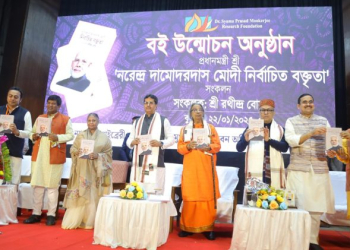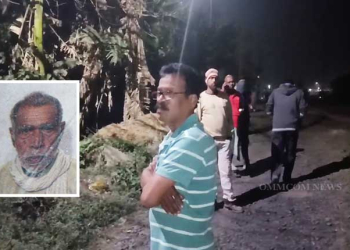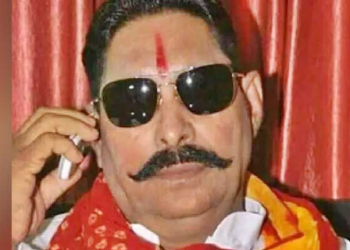New Delhi: Chief Justice N.V. Ramana on Friday orally observed that a new trend of the government maligning the judges has started and termed it “unfortunate”.
A bench headed by the Chief Justice was hearing two special petitions, which included a plea by the Chhattisgarh government against high court order, which quashed the FIR registered under the Prevention of Corruption Act against the state’s former Principal Secretary Aman Kumar Singh saying that the allegations were prima facie based upon probabilities.
The other petition was filed by activist Uchit Sharma against the high court decision.
Senior advocate Siddharth Dave, representing a petitioner, submitted before the bench, also comprising Justices Krishna Murari and Hima Kohli, the reason for quashing the FIR is that the allegation was based on probability. The Chief Justice remarked: “Don’t try to malign the courts. I’m watching in this court also….”.
Senior advocate Rakesh Dwivedi, representing the Chhattisgarh government, contended that they are not pressing that point at all. To this, Chief Justice Ramana said: “No, we are watching every day. You are a senior counsel; you’ve seen this more than us.
“It’s a new trend, government started maligning the judges, it’s unfortunate.”
Dave submitted that they haven’t maligned anyone in the matter. “Please see the reasoning, it’s not the trend and not vindictiveness,” he submitted, citing that the allegation is of disproportionate assets.
The bench said based on surmises and the allegations levelled, it can’t allow this kind of victimisation. As Dave said it was not a surmise, and somebody has accumulated Rs 2,500 crore, which is shocking, the bench said the special leave petition was an exaggeration.
Dwivedi submitted the respondent had one property worth Rs 11 lakh, when he joined service, and now he has purchased 7 properties worth Rs 2.76 crores. After hearing arguments, the bench posted the matter for further hearing on April 18.
Sharma had contended that due to his complaint against Singh and his family members, the state government initiated a preliminary enquiry, which revealed that the private respondents held assets, which were disproportionate to their income. This led to registration of an FIR under the Prevention of Corruption Act.
(IANS)




















